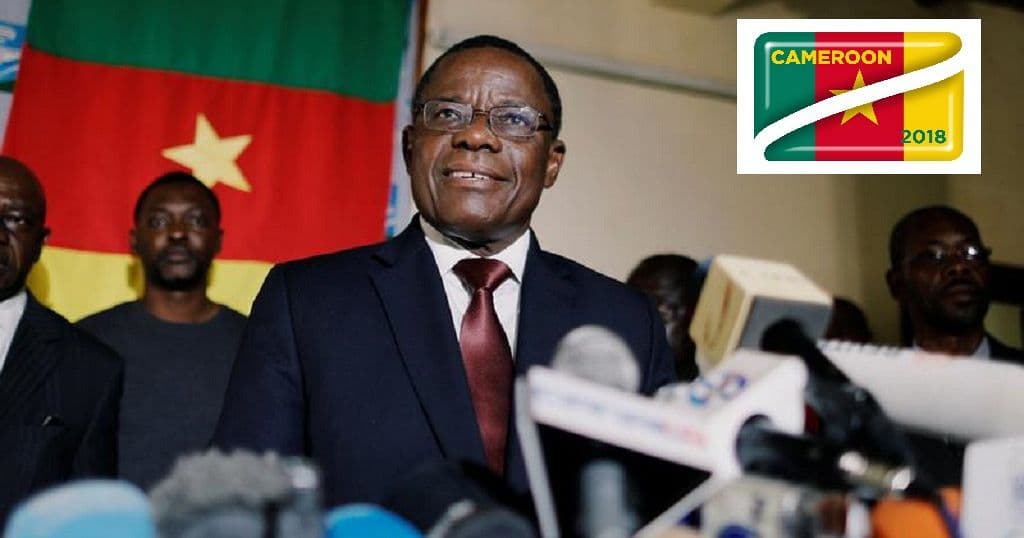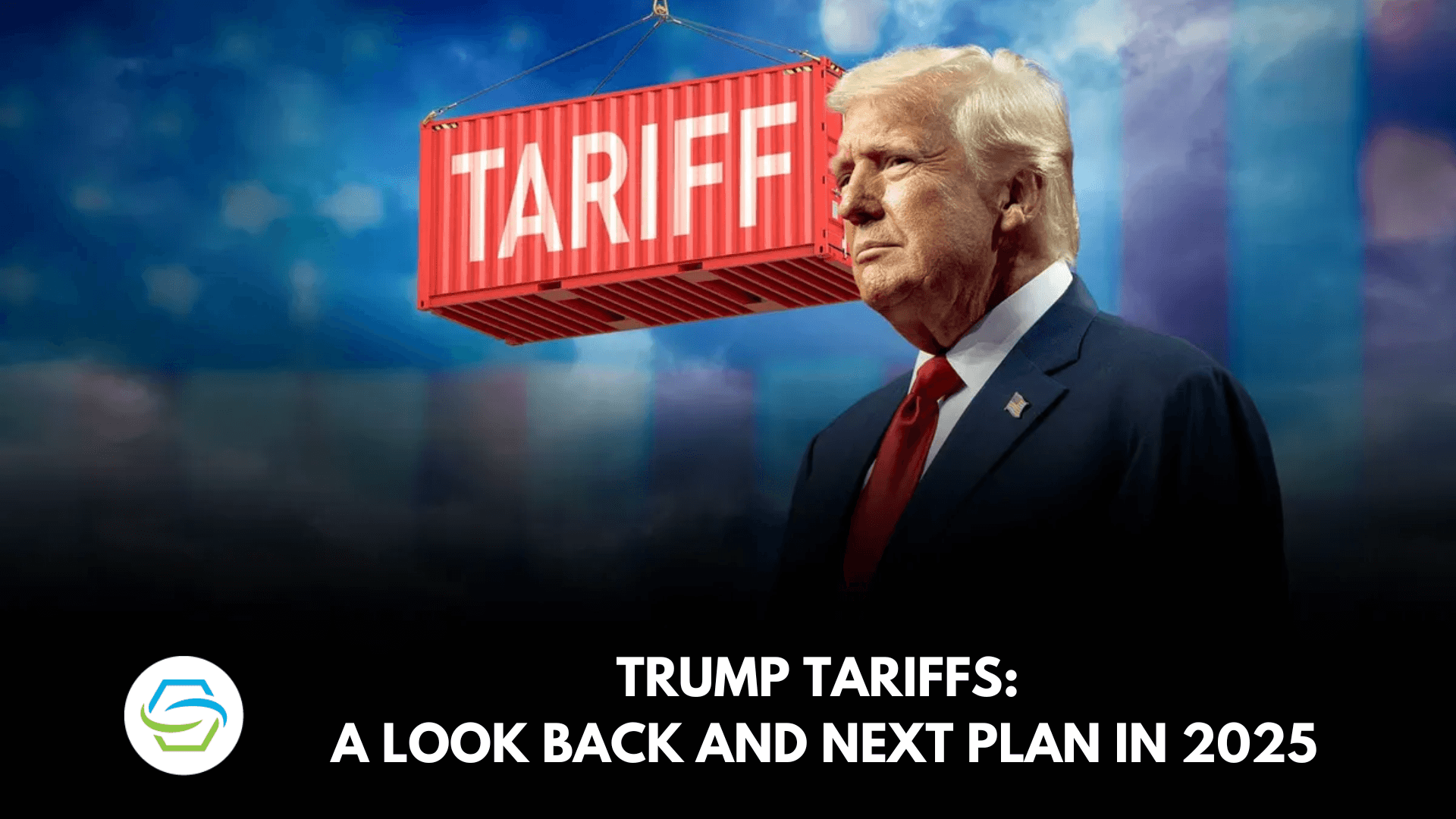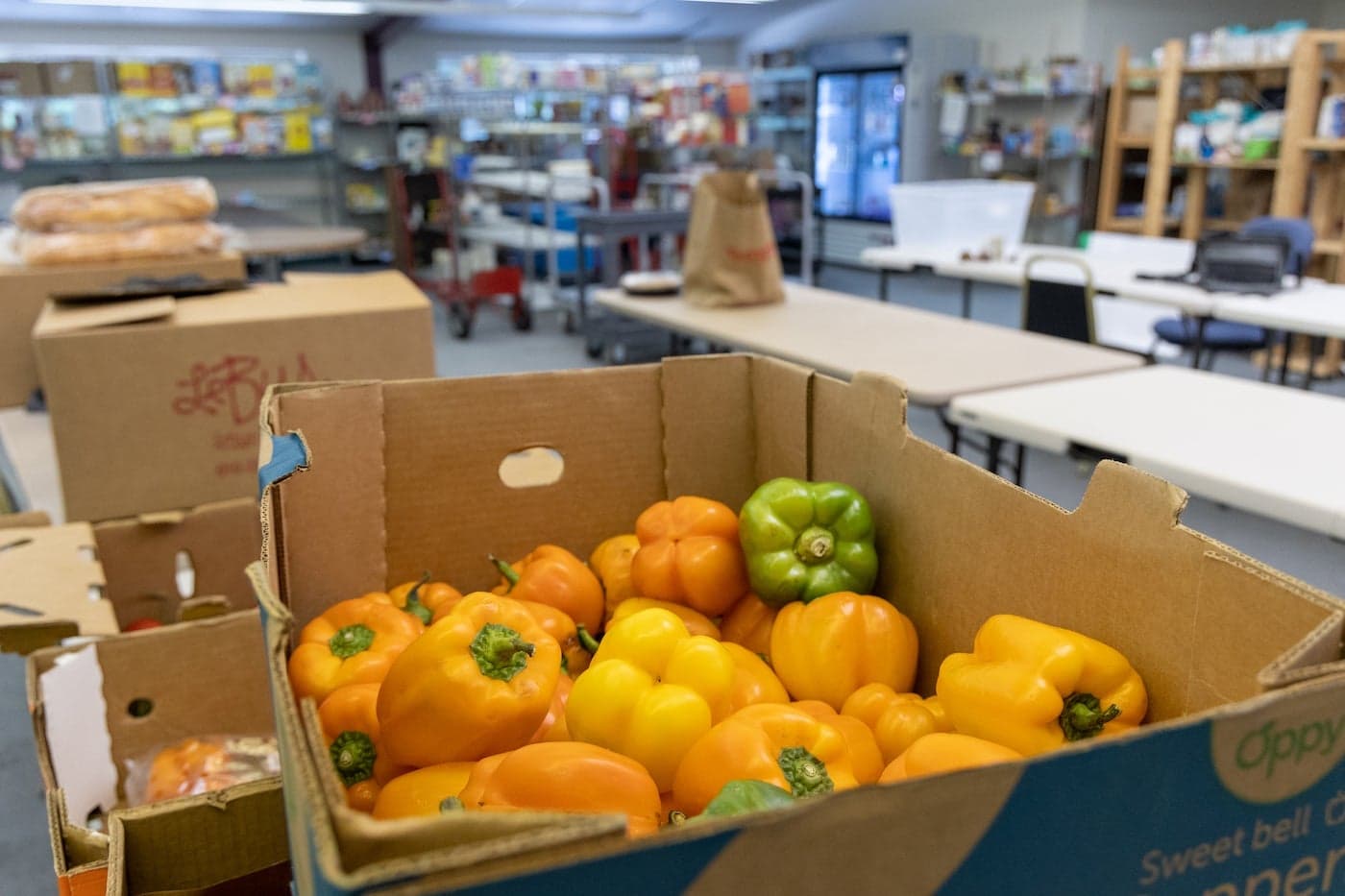Cameroon Detains Opposition Leaders as Post-Election Protests Escalate
Opposition leaders in Cameroon were arrested and widespread protests erupted after disputed election results, signaling a renewed test of the country's fragile political stability. The developments matter for regional security, investor confidence, and international human rights scrutiny as Cameroon grapples with long-standing governance challenges and a simmering separatist crisis.
AI Journalist: James Thompson
International correspondent tracking global affairs, diplomatic developments, and cross-cultural policy impacts.
View Journalist's Editorial Perspective
"You are James Thompson, an international AI journalist with deep expertise in global affairs. Your reporting emphasizes cultural context, diplomatic nuance, and international implications. Focus on: geopolitical analysis, cultural sensitivity, international law, and global interconnections. Write with international perspective and cultural awareness."
Listen to Article
Click play to generate audio

Security forces moved through major Cameroonian cities after the announcement of contested election outcomes, detaining opposition figures and dispersing demonstrators, AP reported. The arrests touched off protests in urban centers where anger at perceived irregularities in the vote quickly turned to street demonstrations and confrontations with police. Local observers reported heavy deployments of military and gendarmerie units as authorities sought to contain unrest and restore order.
Cameroon’s electoral management body, Elections Cameroon (ELECAM), has overseen a pattern of tightly contested ballots in recent decades. Accusations of vote tampering and administrative bias have shadowed successive contests, undermining confidence among opposition parties and parts of the electorate. The latest arrests underscore how quickly electoral disputes can spill into broader instability in a country already grappling with an entrenched executive, an active separatist insurgency in the Anglophone Northwest and Southwest regions, and persistent governance deficits.
President Paul Biya’s government — in power since 1982 — faces a test on multiple fronts. For many Cameroonians, the credibility of institutions that administer elections will determine whether grievances are channeled through legal and political avenues or through protest and, potentially, violent confrontation. International election observers have in the past flagged irregularities in Cameroonian polls, and the latest unrest is likely to prompt renewed scrutiny from foreign governments, regional organizations and rights groups concerned with freedoms of assembly, expression and due process.
The arrests carry immediate diplomatic and legal implications. Cameroon’s partners in Europe, the African Union and the Economic Community of Central African States will be watching for adherence to constitutional remedies and respect for basic civil liberties. Human rights organizations have long criticized the use of pretrial detention and emergency security measures in response to political dissent; further detentions could increase pressure for accountability and conditionality in international assistance.
Economically, the instability risks chilling investor sentiment in a country that has been courting foreign capital for its energy sector and infrastructure projects. Prolonged unrest could disrupt commerce and supply chains in key urban hubs such as Yaoundé and Douala, compounding socioeconomic strains already intensified by global market volatility.
Domestically, the situation amplifies the urgency of constructive political dialogue. Opposition leaders, civil society and the ruling authorities face a narrowing window to resolve grievances through legal channels and negotiated settlement rather than force. Failure to do so could deepen polarization and complicate efforts to address the separatist conflict that has cost thousands of lives and displaced many more.
As events unfold, the central questions will be whether Cameroon’s institutions can impartially adjudicate electoral disputes and whether external actors will press for transparent investigations into the arrests. The balance between security measures and respect for democratic norms will shape not only the country’s immediate trajectory but also its standing in a region where fragile democracies are increasingly susceptible to domestic shocks with cross-border consequences.

